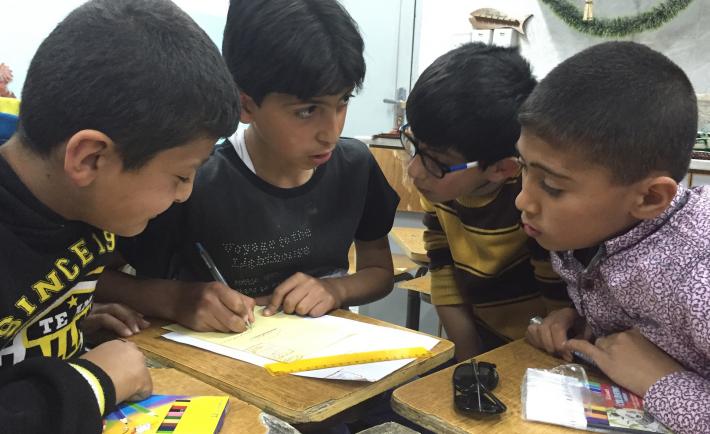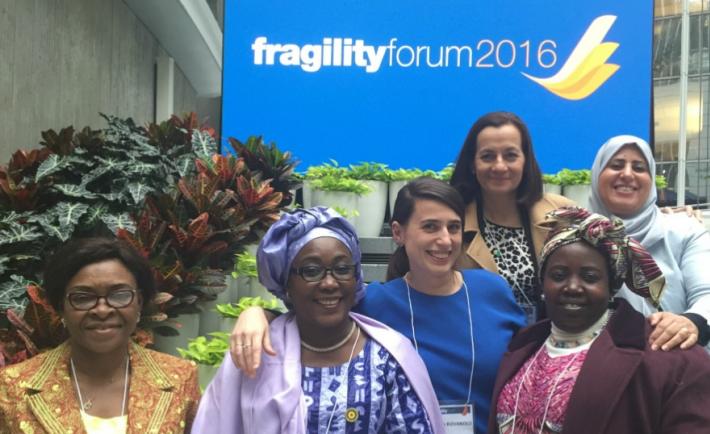_1_0_0_0_0_0_0_0_0_0_0.jpg)
2017 Andi Parhamovich Fellow, Ashley Dauda, with NDI Chairman and former Secretary of State Madeleine K. Albright at NDI's annual MKA Luncheon.
I recently attended a conference on ‘the Political Economy of Gender and Women’s Empowerment in Africa,’ organized by the School of Advanced International Studies at John Hopkins University. Gretchen Bauer, a Professor of Political Science and International Relations from the University of Delaware, held a presentation on the global ranking of women’s representation in national parliaments. As Bauer passed through the slides of her presentation, I didn’t bother to look for Nigeria since I already knew where we stood on the list globally: 181 out of 191—the lowest in Africa.

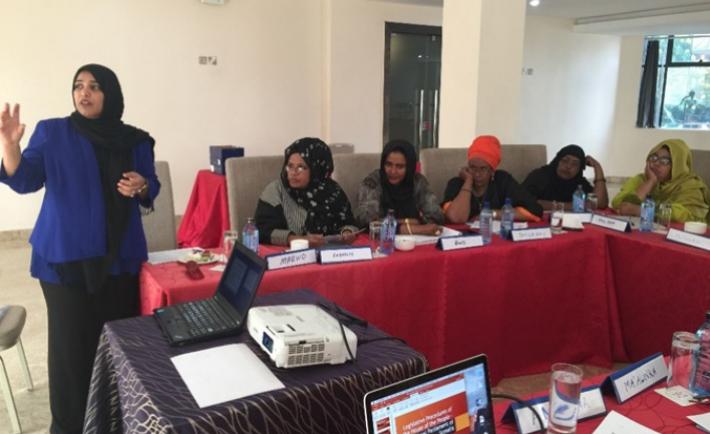
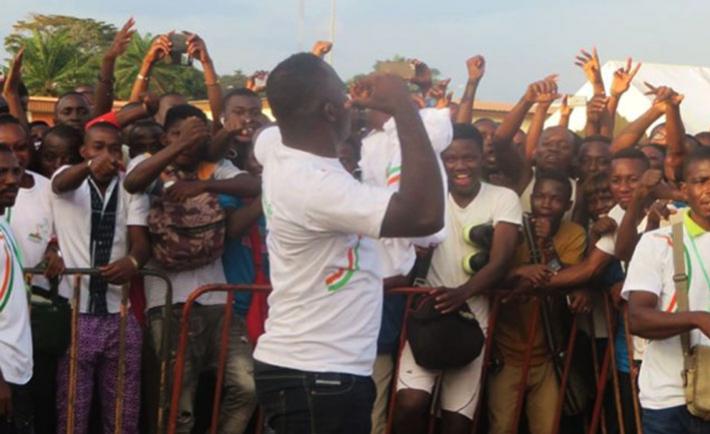
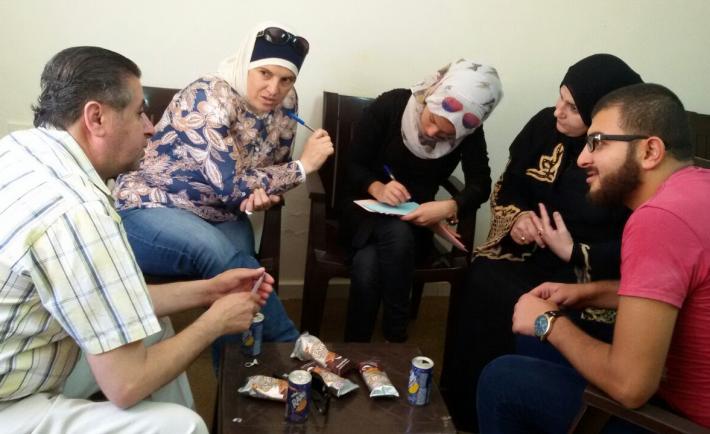

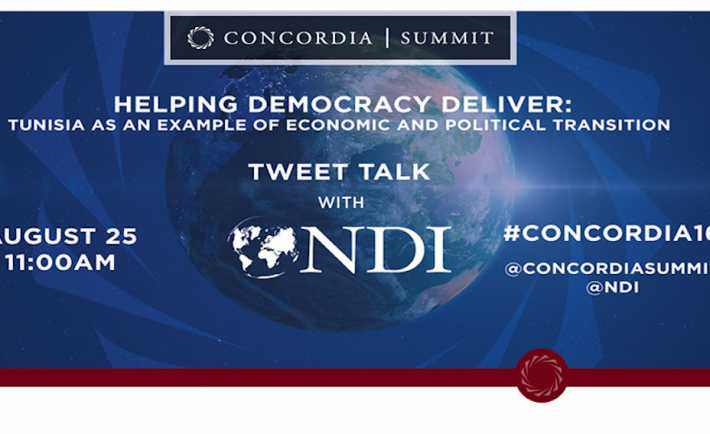
.jpg)
